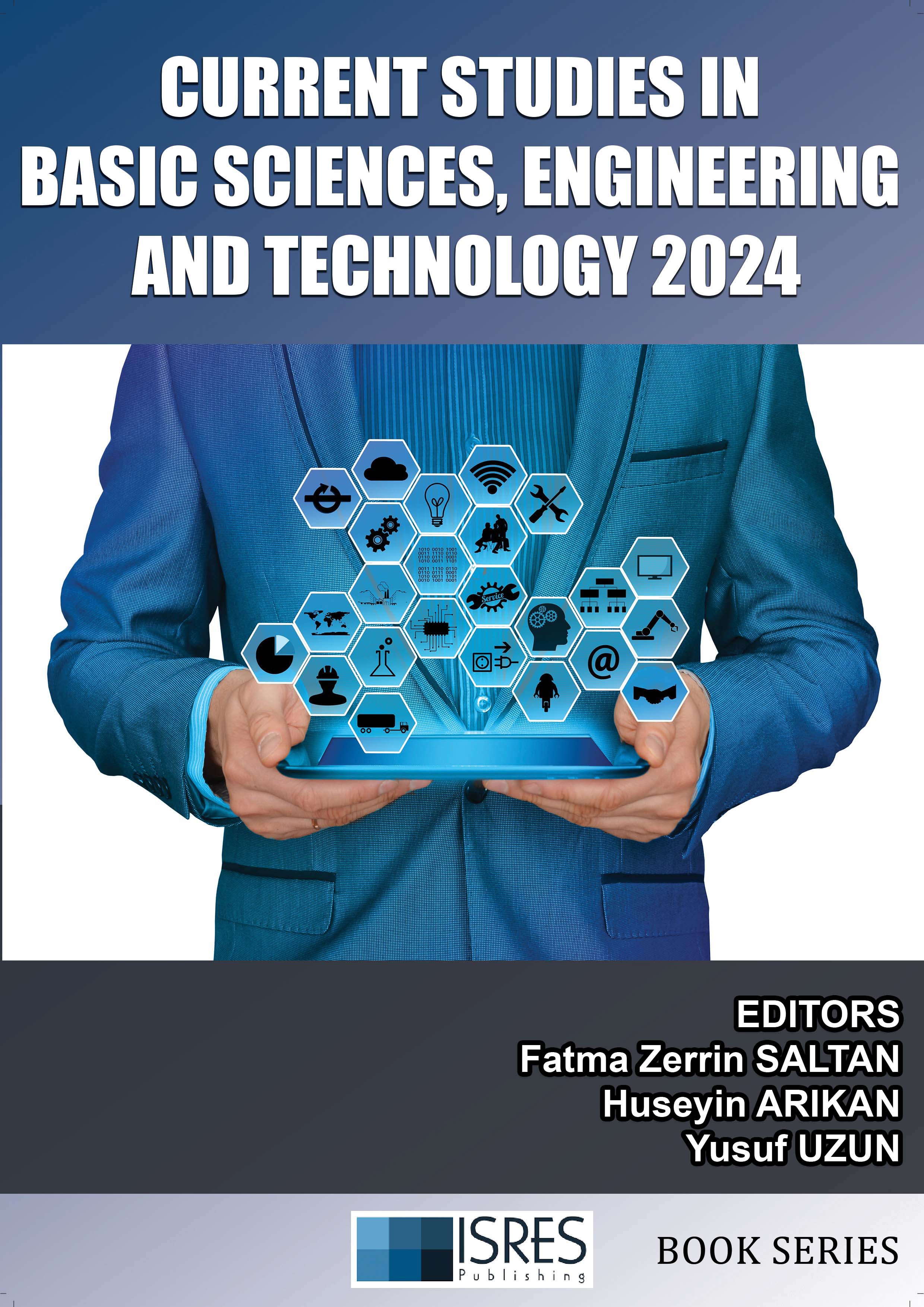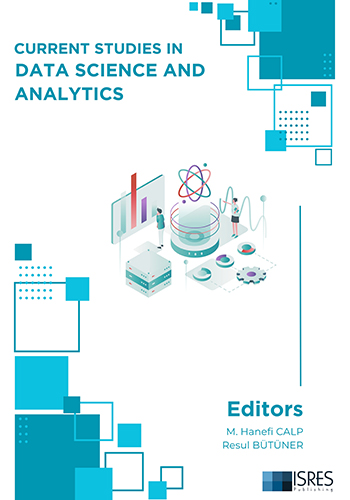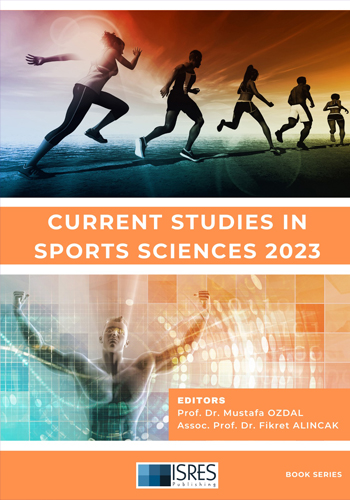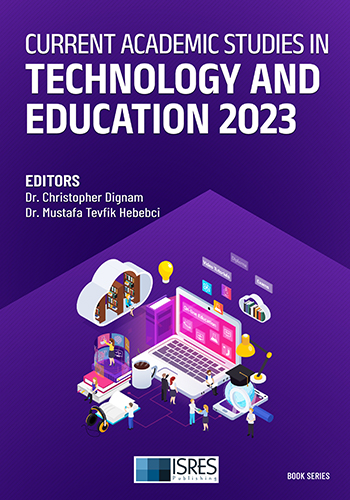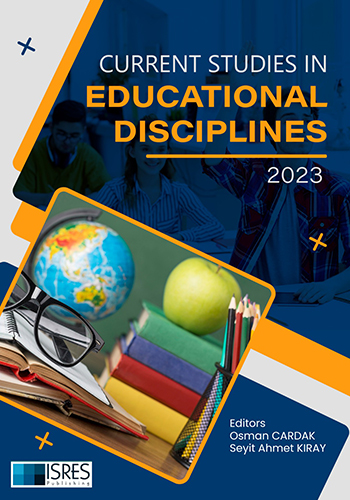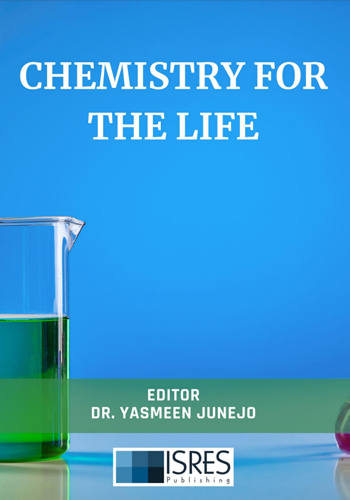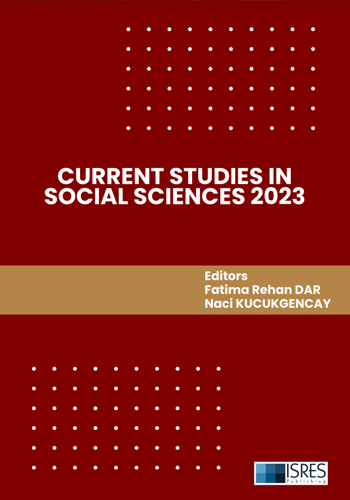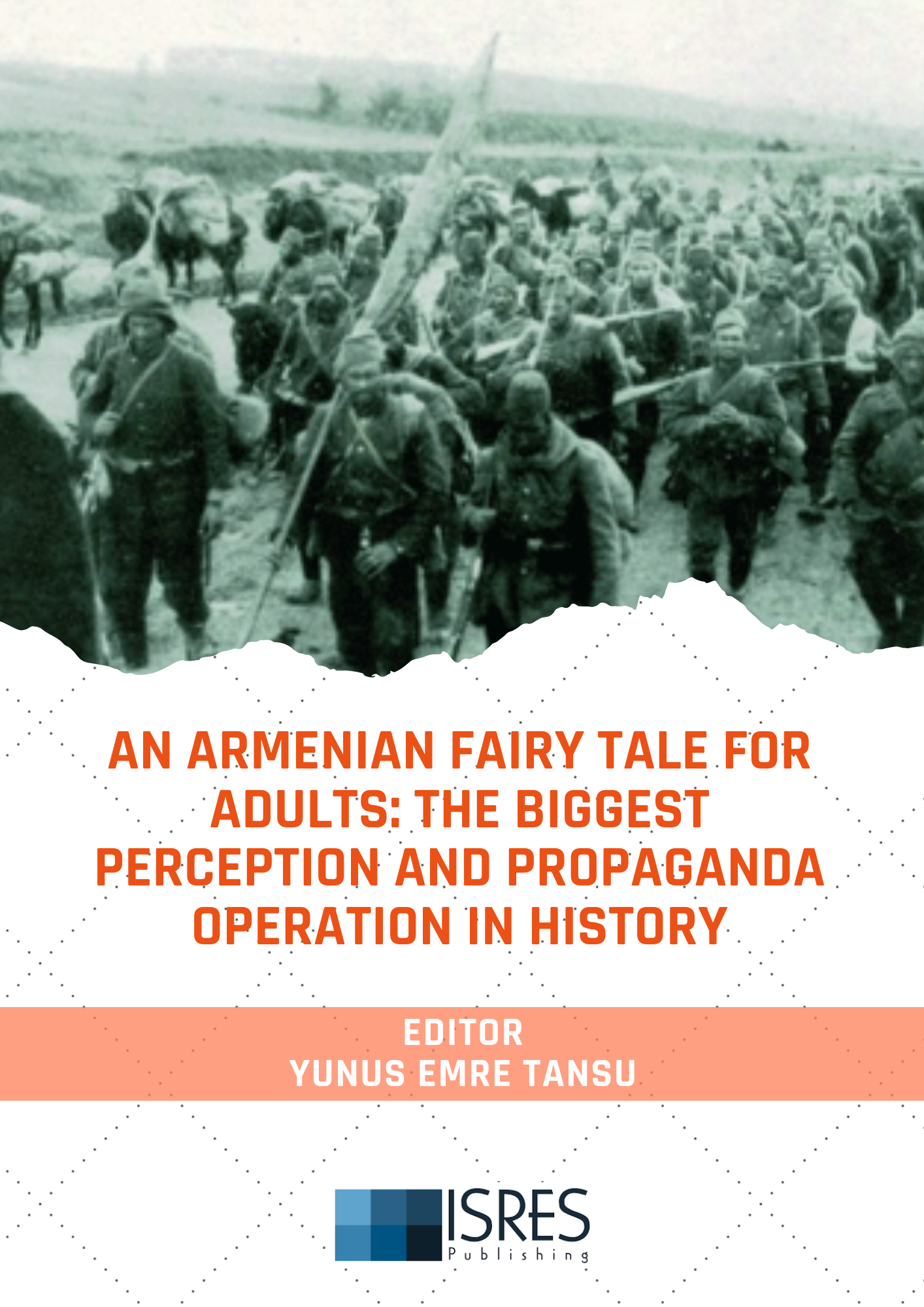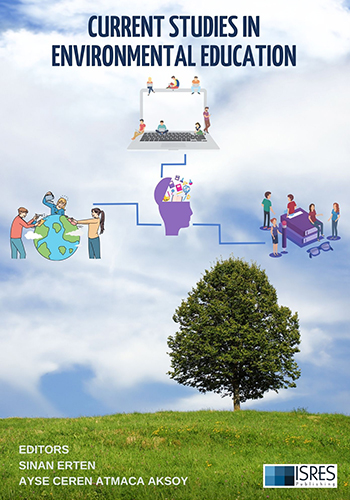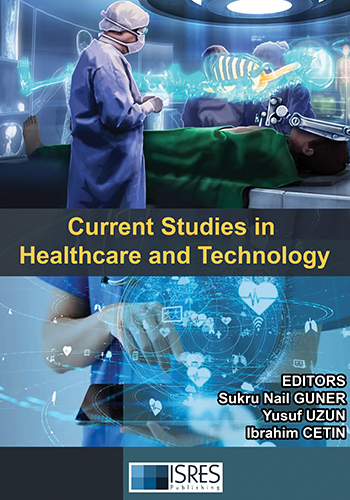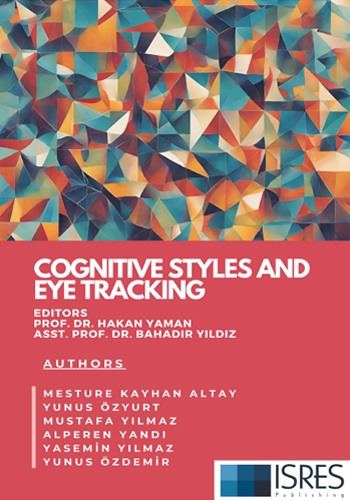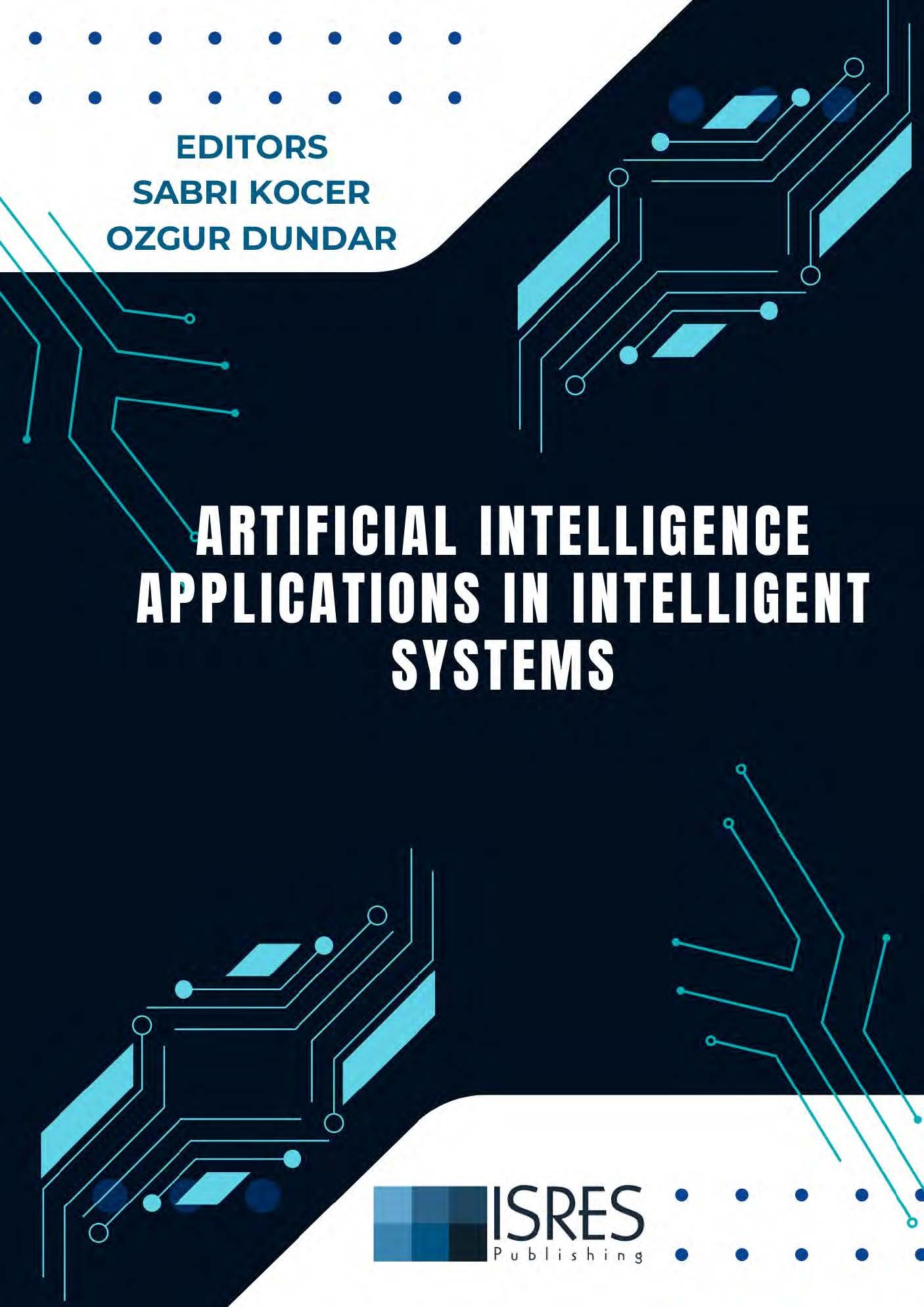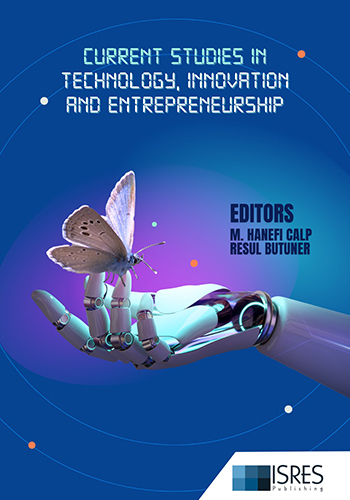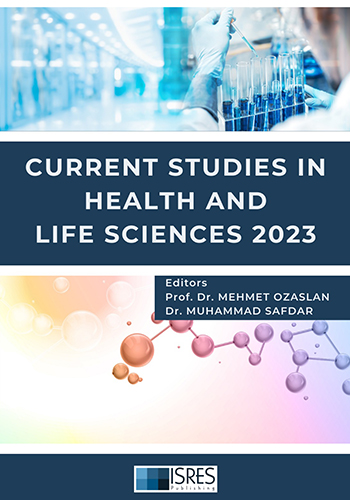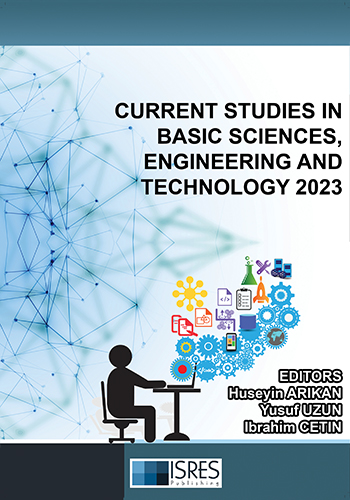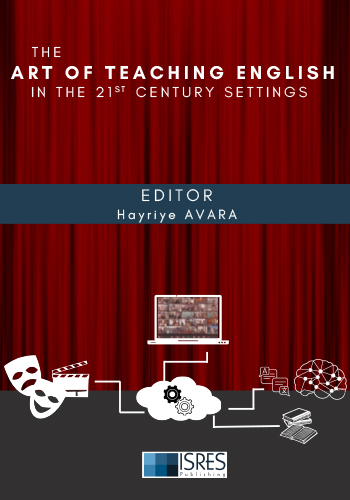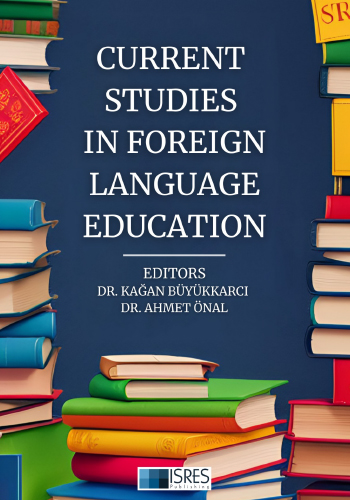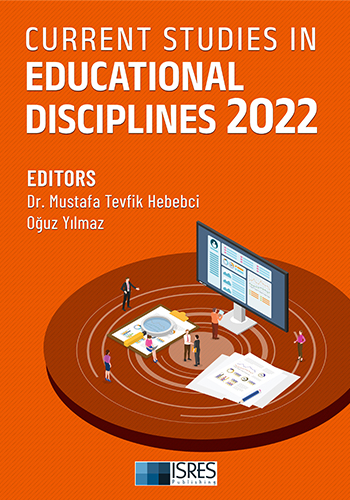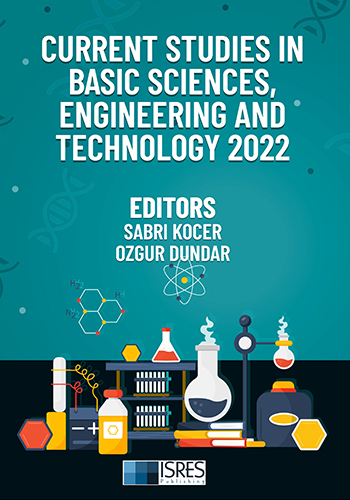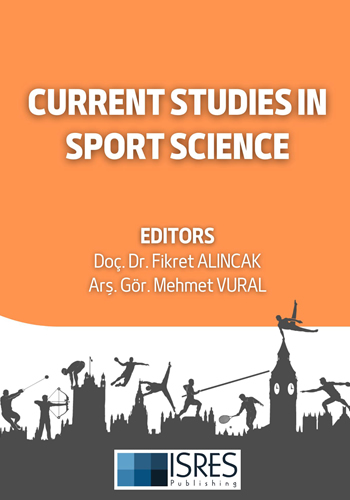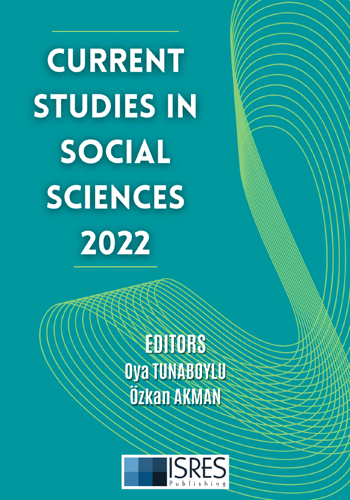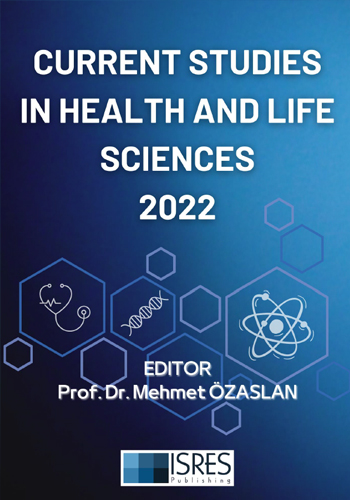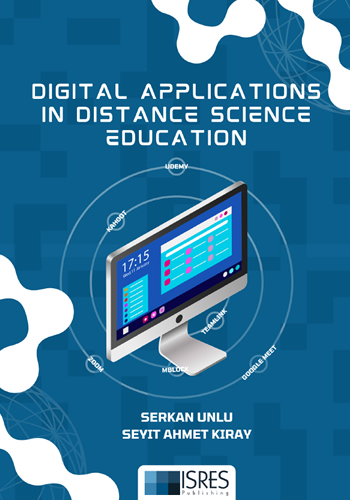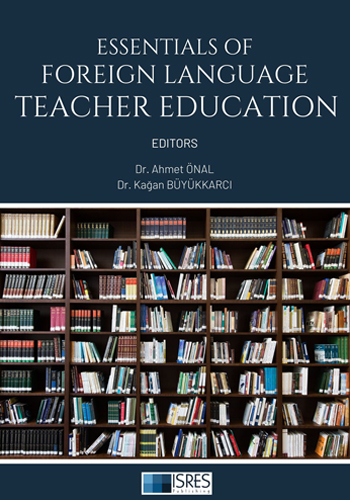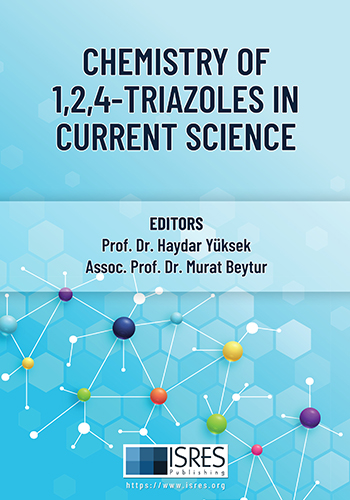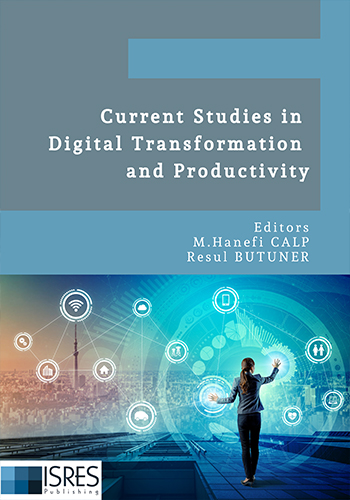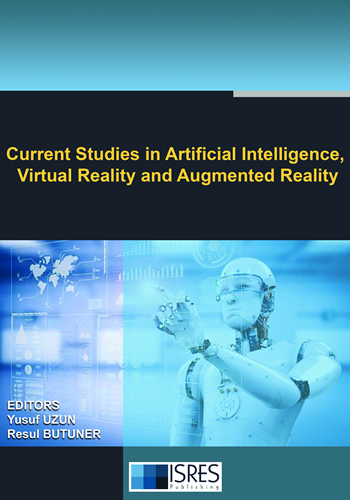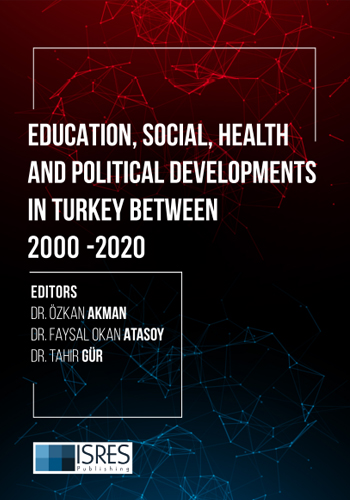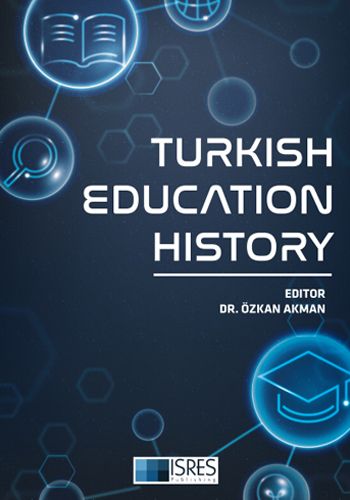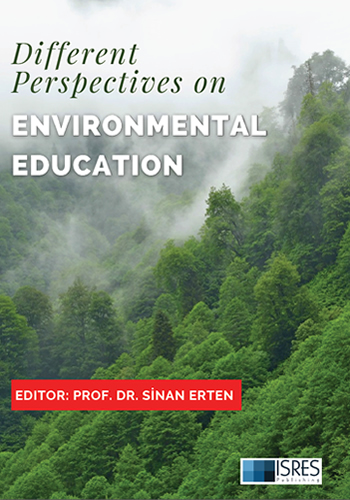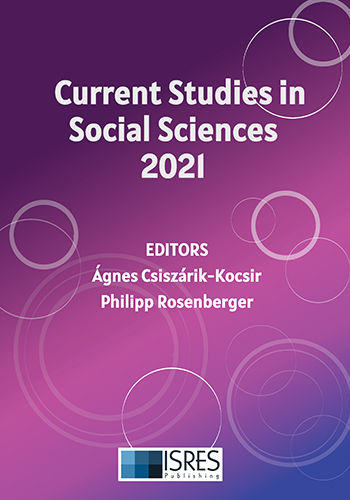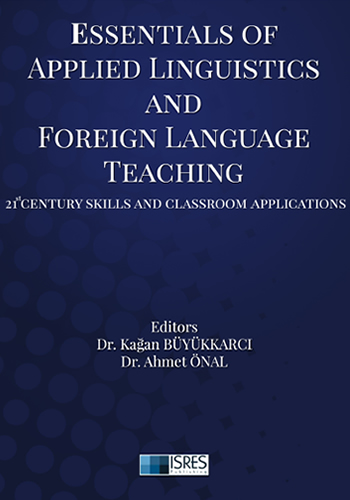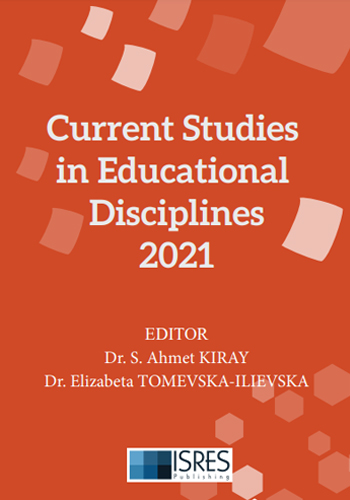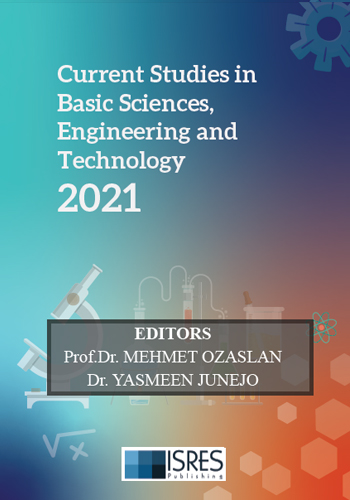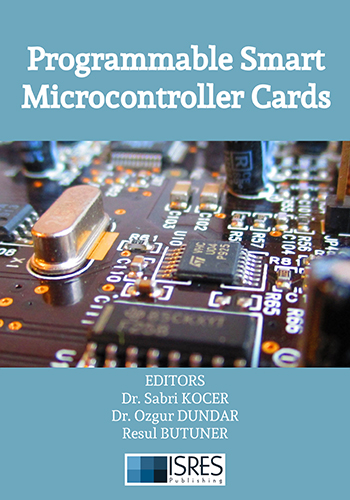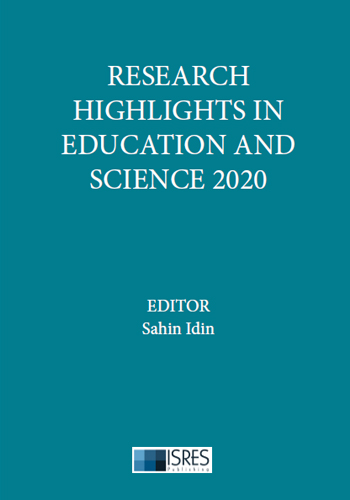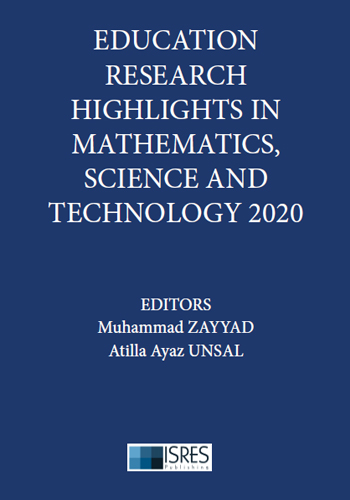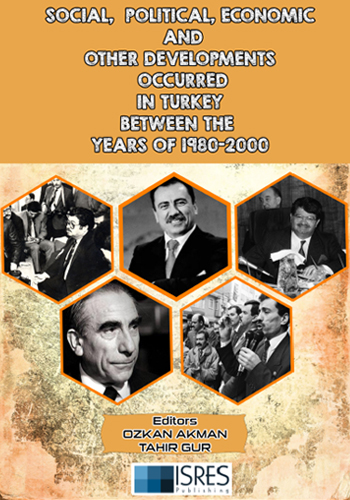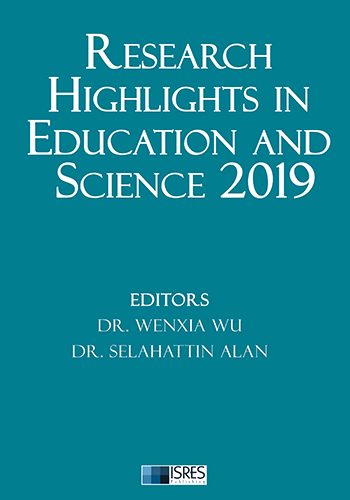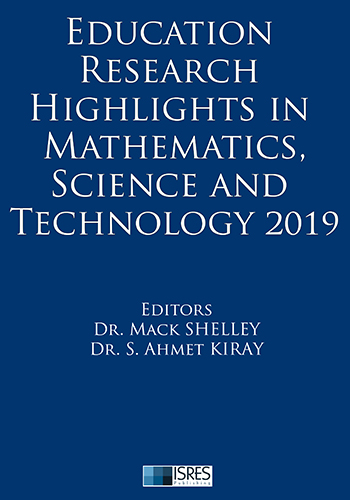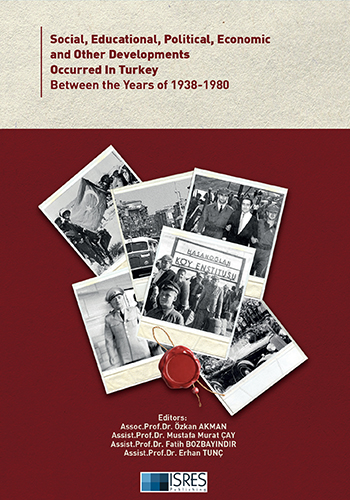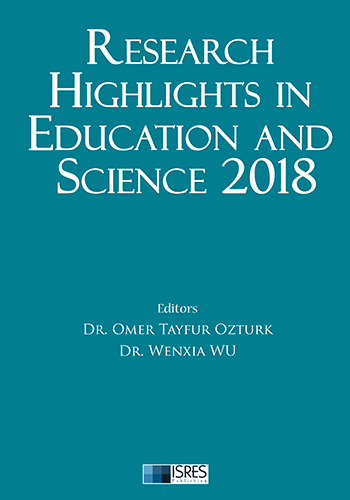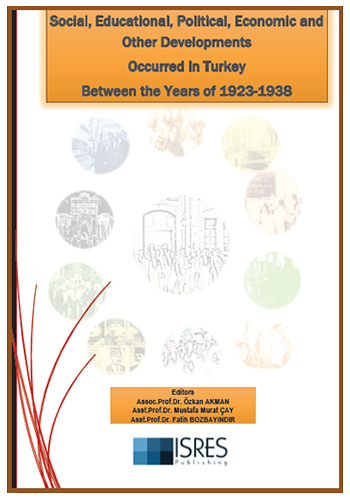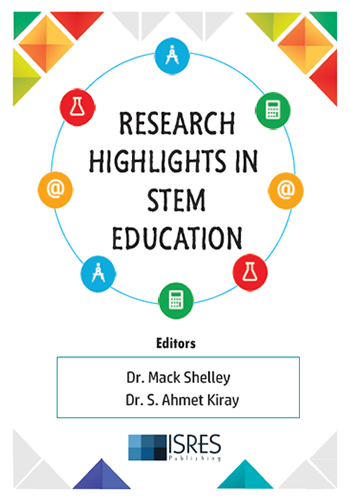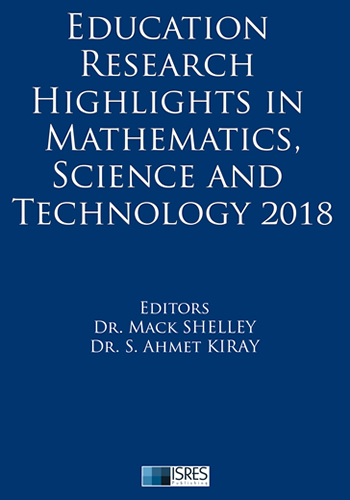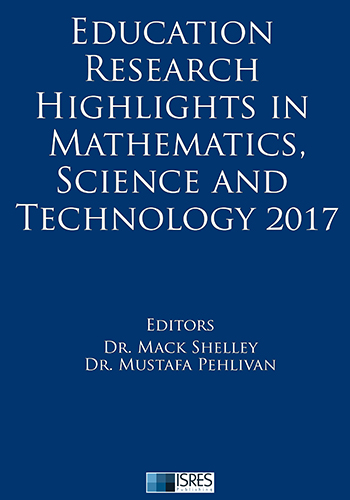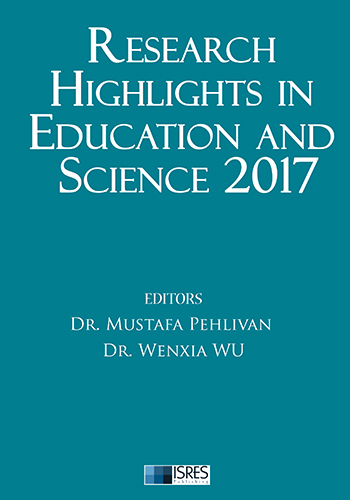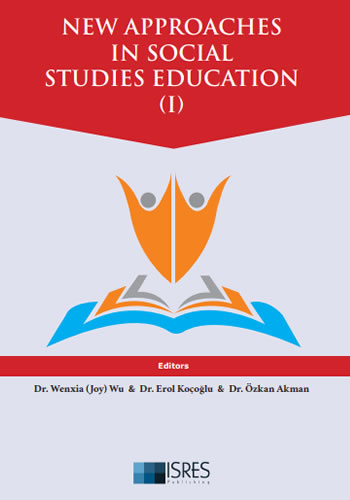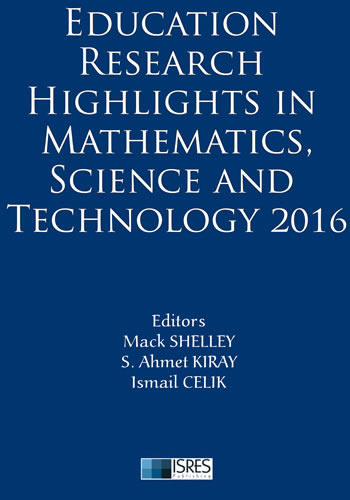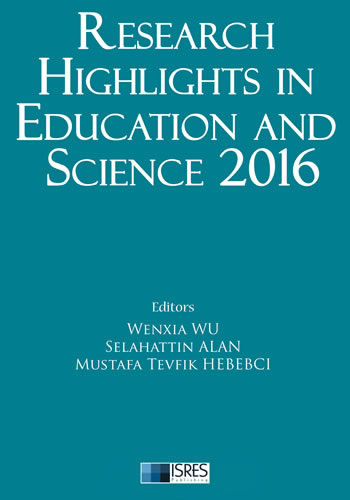This study provides a comprehensive examination of advanced optimization techniques for the aerodynamic design of turbomachinery. Optimization methods, including adjoint and gradient-based approaches, metaheuristic-based methods, surrogate-based models, neural networks, deep learning-based techniques, and hybrid approaches are evaluated. Special attention is given to emerging machine learning applications, particularly deep learning and artificial neural networks, which are reshaping the optimization landscape. The study also highlights the challenges and limitations of these methods, addressing computational efficiency and industrial applicability. Through the analysis of recent case studies and applications, insights into future research directions and potential developments in turbomachinery optimization are provided.
On the Advanced Optimization Techniques for the Aerodynamic Design of Turbomachinery
Intelligent Systems and Optimization in Engineering
Editors: Sabri KOÇER, Özgür DÜNDAR
_29-12-2024.jpg)
1077
On the Advanced Optimization Techniques for the Aerodynamic Design of Turbomachinery
Chapter Authors: Mehmet Numan KAYA, Bilal ERVURAL
Pages: 80-97
Other Chapters
Deep Learning Approaches for Analysis and Prediction of Flight Data
Gökhan GÜLŞEN, Mehmet Emin ÇETİN
More Info Pages: 1-8
Enhancing Efficiency in Industrial IoT through Data Compression: A Review
Halil İbrahim AYAZ
More Info Pages: 9-22
Aerospace and Intelligent Systems
Rabia TOPRAK
More Info Pages: 23-32
Metaheuristic Algorithms in Artificial Neural Network Training
Münevver BAHAR, Halil İbraim AYAZ, Murat KARAKOYUN
More Info Pages: 33-52
Optimizing Energy Efficiency in IoT-Based Smart Home Systems
Gamze AKÇAY, Behice Gülsüm ÇELİK, Alperen EROĞLU
More Info Pages: 53-66
Controller Design Optimization of a Multi-DOF System Using Response Optimizer Toolbox
Saliha KÖPRÜCÜ, Engin Hasan ÇOPUR, Hasan Huseyin BILGIC
More Info Pages: 67-79
On the Advanced Optimization Techniques for the Aerodynamic Design of Turbomachinery
Mehmet Numan KAYA, Bilal ERVURAL
More Info Pages: 80-97
Operating Principles and Future Potential of Next-Generation Gunpowder-Free Launchers: Coil Guns
Tarık ÜNLER, Mehmet DURSUN
More Info Pages: 98-105
Use of UAV in Agriculture
Mehmet DURSUN, Tarık ÜNLER
More Info Pages: 106-114
Texture analysis for Mobiles Phones in Data Compression
Sabri KOÇER, Özgür DÜNDAR
More Info Pages: 115-126
The Use of Artificial Intelligence Techniques to Improve Production Quality in Machining Processes
Mehmet Ali GÜVENÇ, Selçuk MISTIKOĞLU
More Info Pages: 127-140
Optimization of Microstrip Patch Antenna Parameters with Artificial Neural Networks
Özgür DÜNDAR, Sabri KOÇER
More Info Pages: 141-162
Computer Vision: Object Recognition and Classification
Yunus Emre GÖKTEPE, Yusuf UZUN
More Info Pages: 163-171
Budapest/Hungary Conferences - August 28-31, 2025
We are pleased to invite you to ISRES conferences, which will be held at Obuda University/Budapest/Hungary on August, 28-31, 2025. The following conferences will be held in Budapest/Hungary:...
15.01.2025
Trabzon/Türkiye Conferences - May 01-04, 2025
ISRES Spring Conferences - Trabzon/Turkiye SOCIAL SCIENCES – May 1-4, 2025, Trabzon, Türkiye * 5th International Conference on Social Science Studies - IConSoS2025 ...
11.12.2024
Peja/Kosovo Conferences - July 10-13, 2025
We are pleased to invite you to our conferences, which will be held at University of Peja Haxhi Zeka on July, 10-13, 2025. The following conferences will be held in Peja/Kosovo: - 7th Internat...
28.11.2024





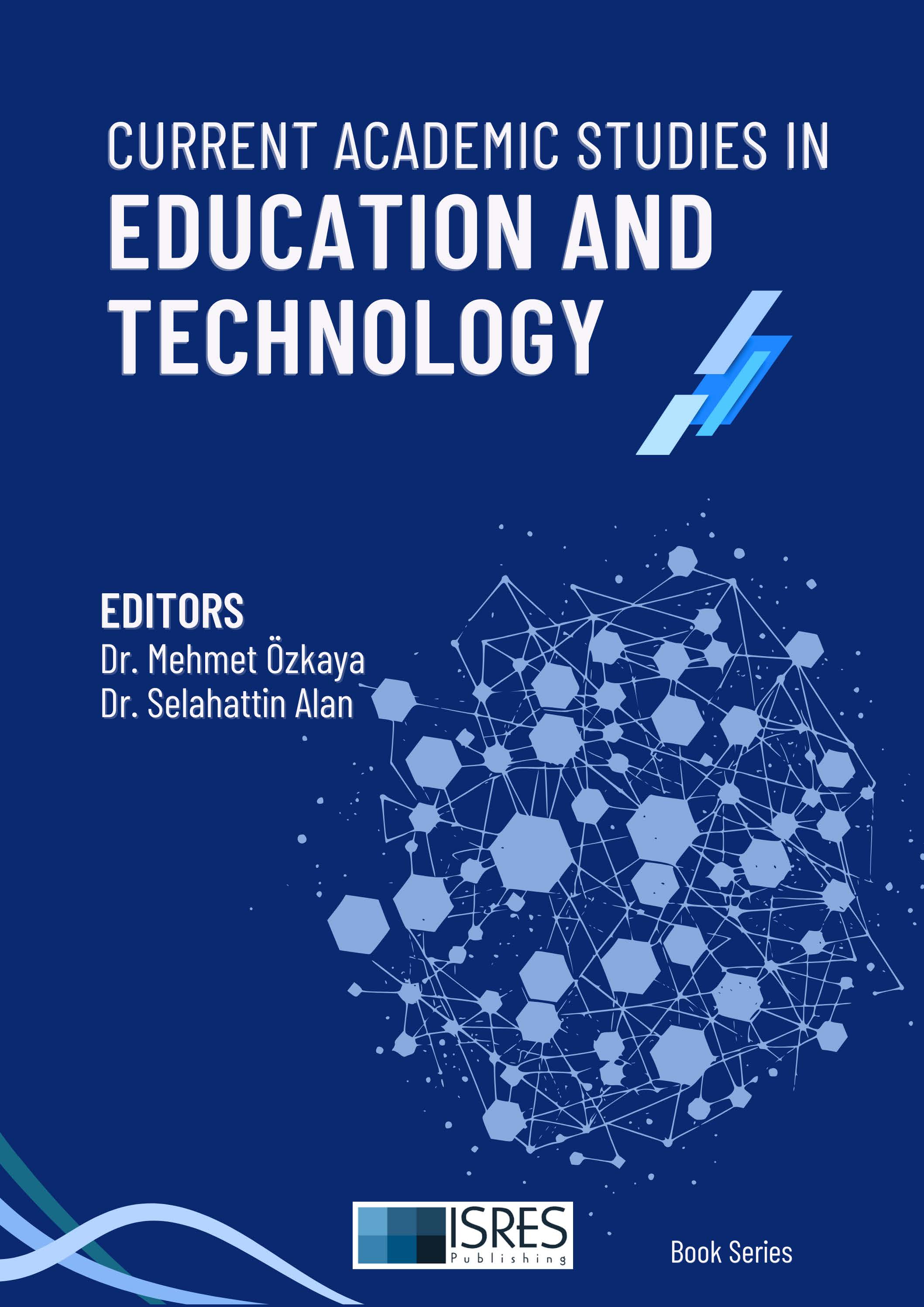


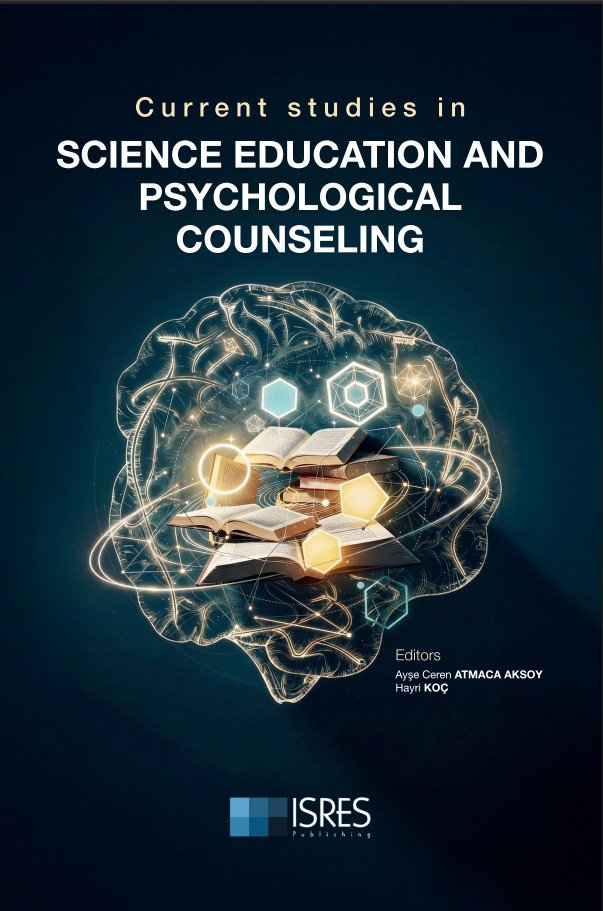
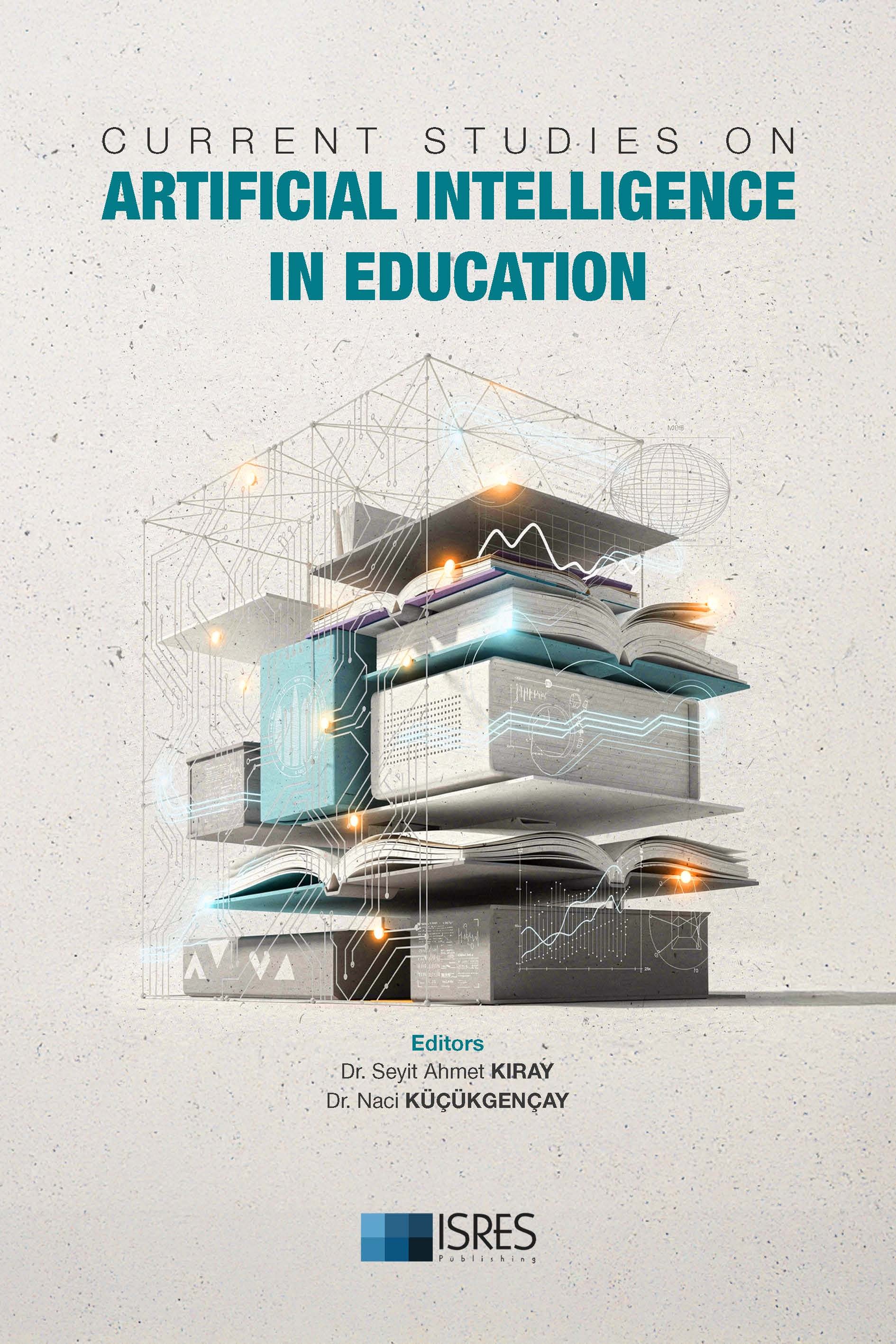
_Sayfa_001_23-12-2025.jpg)
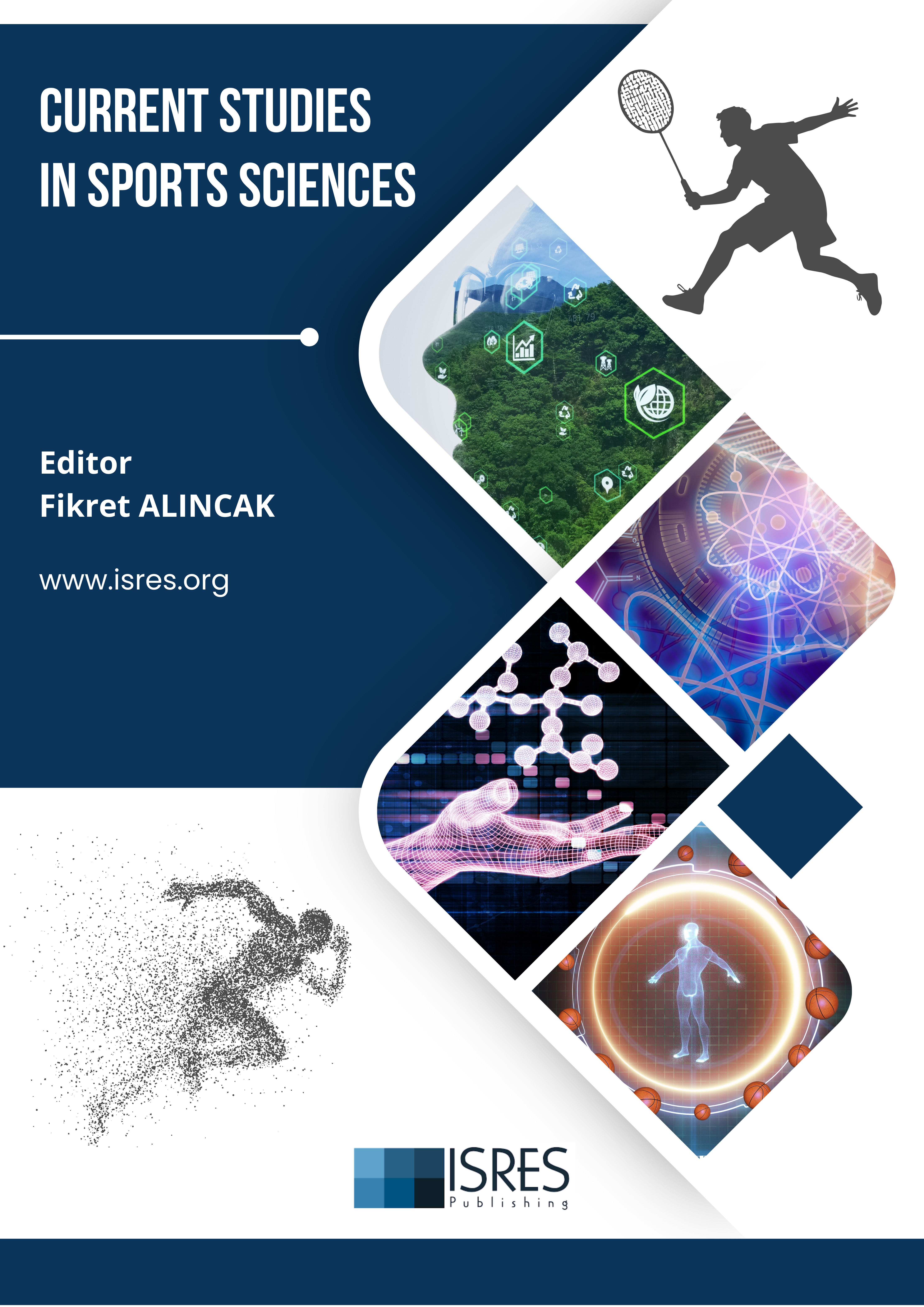


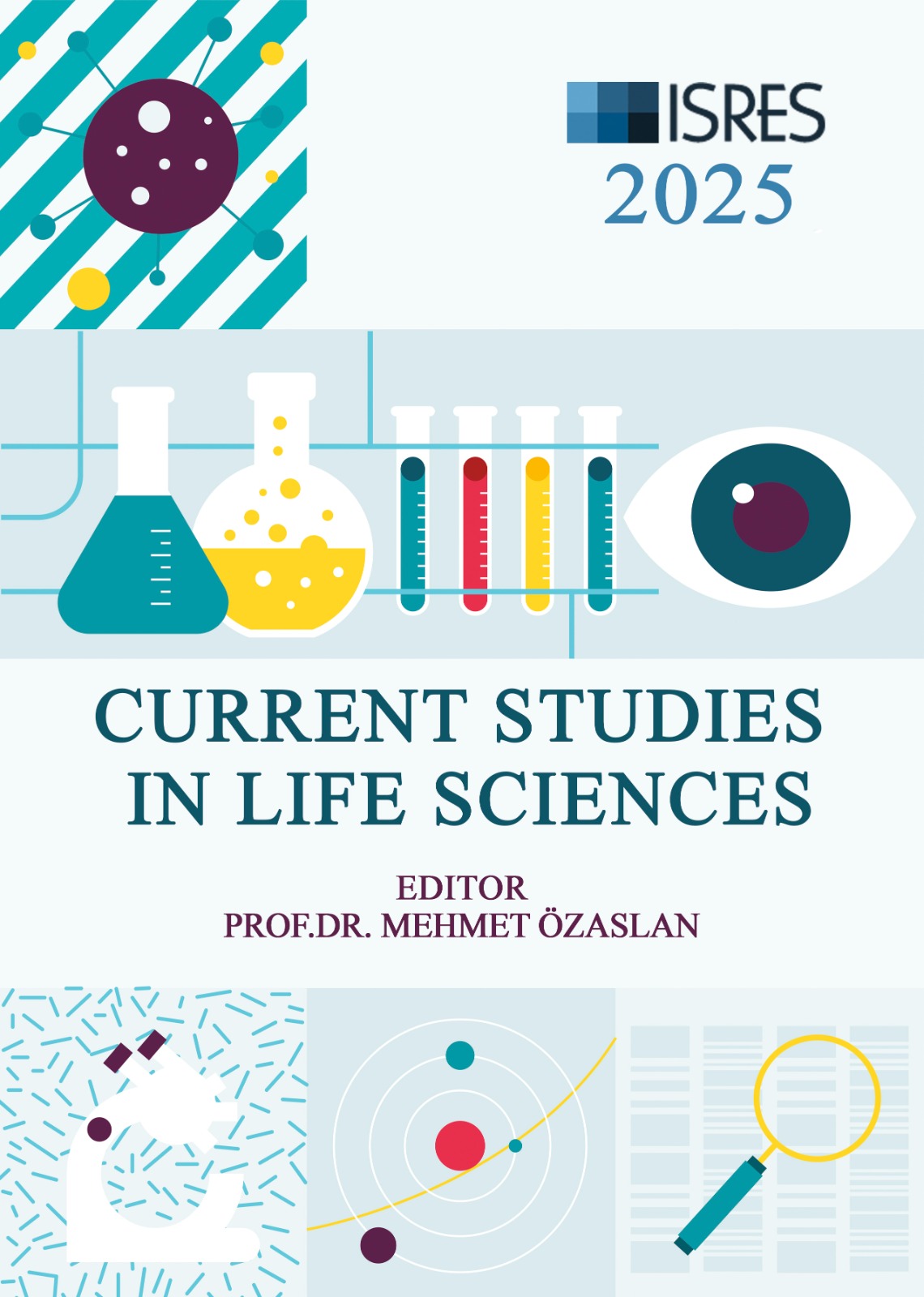
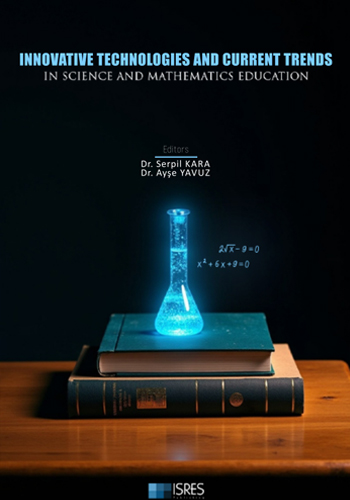
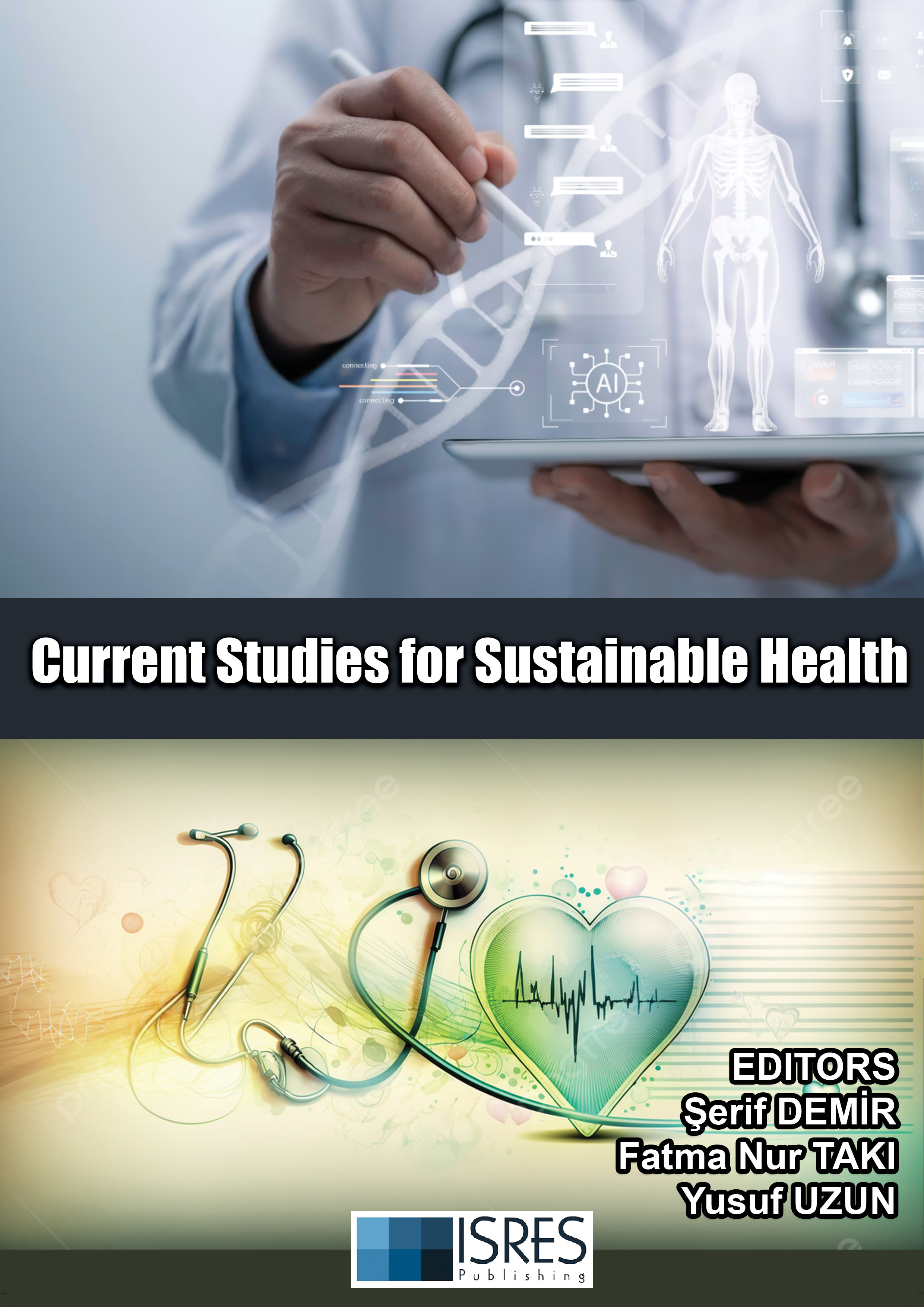

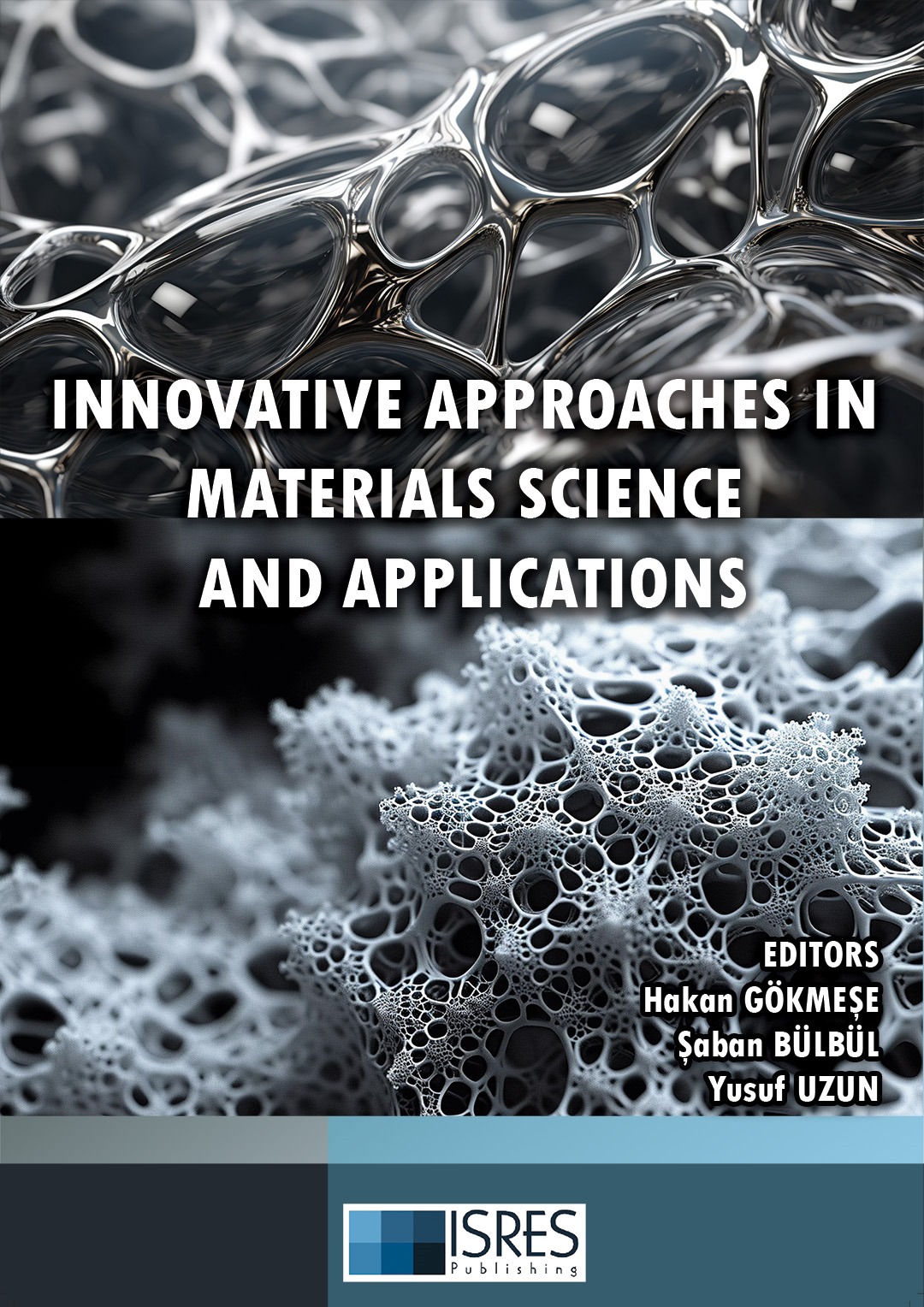
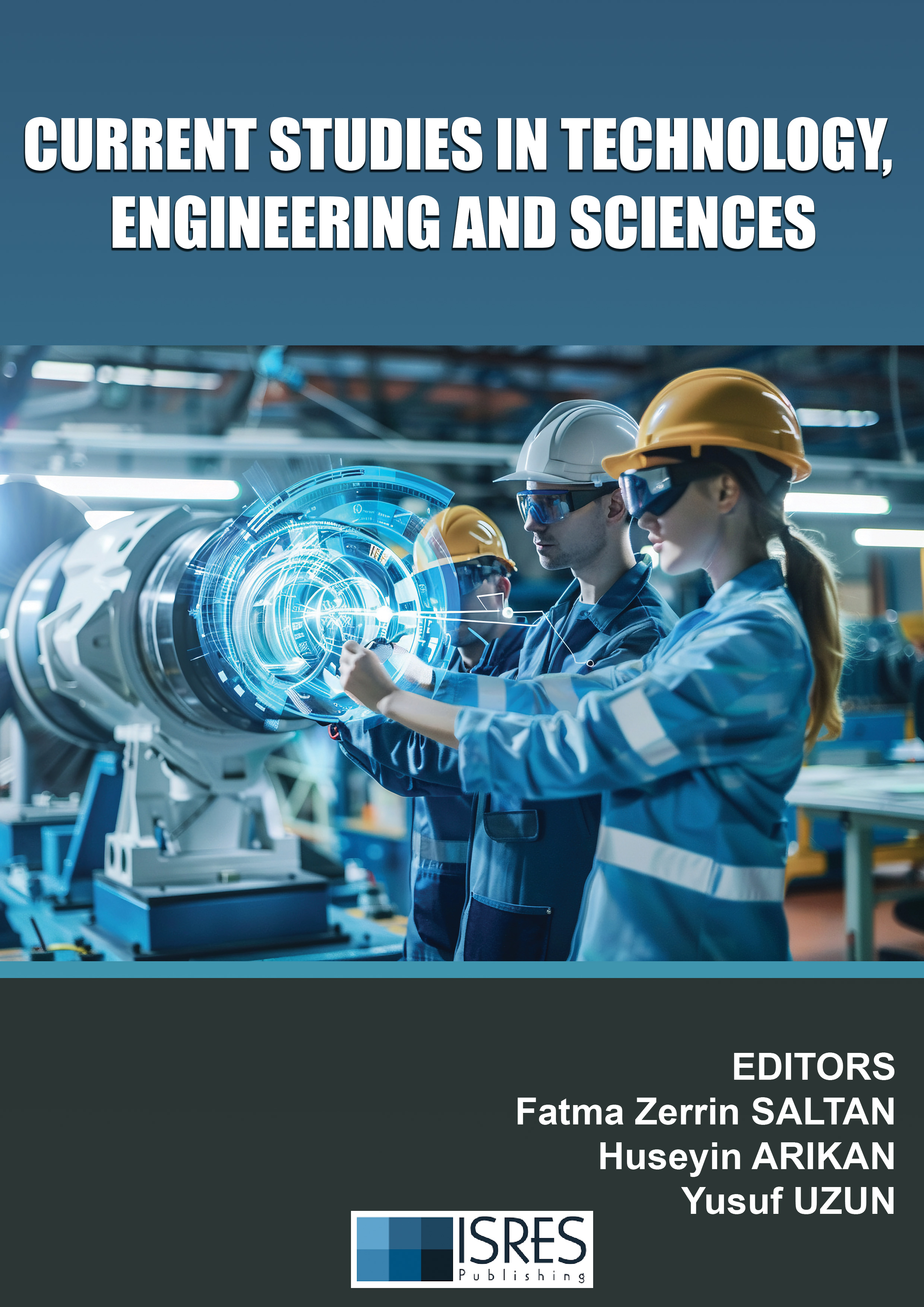

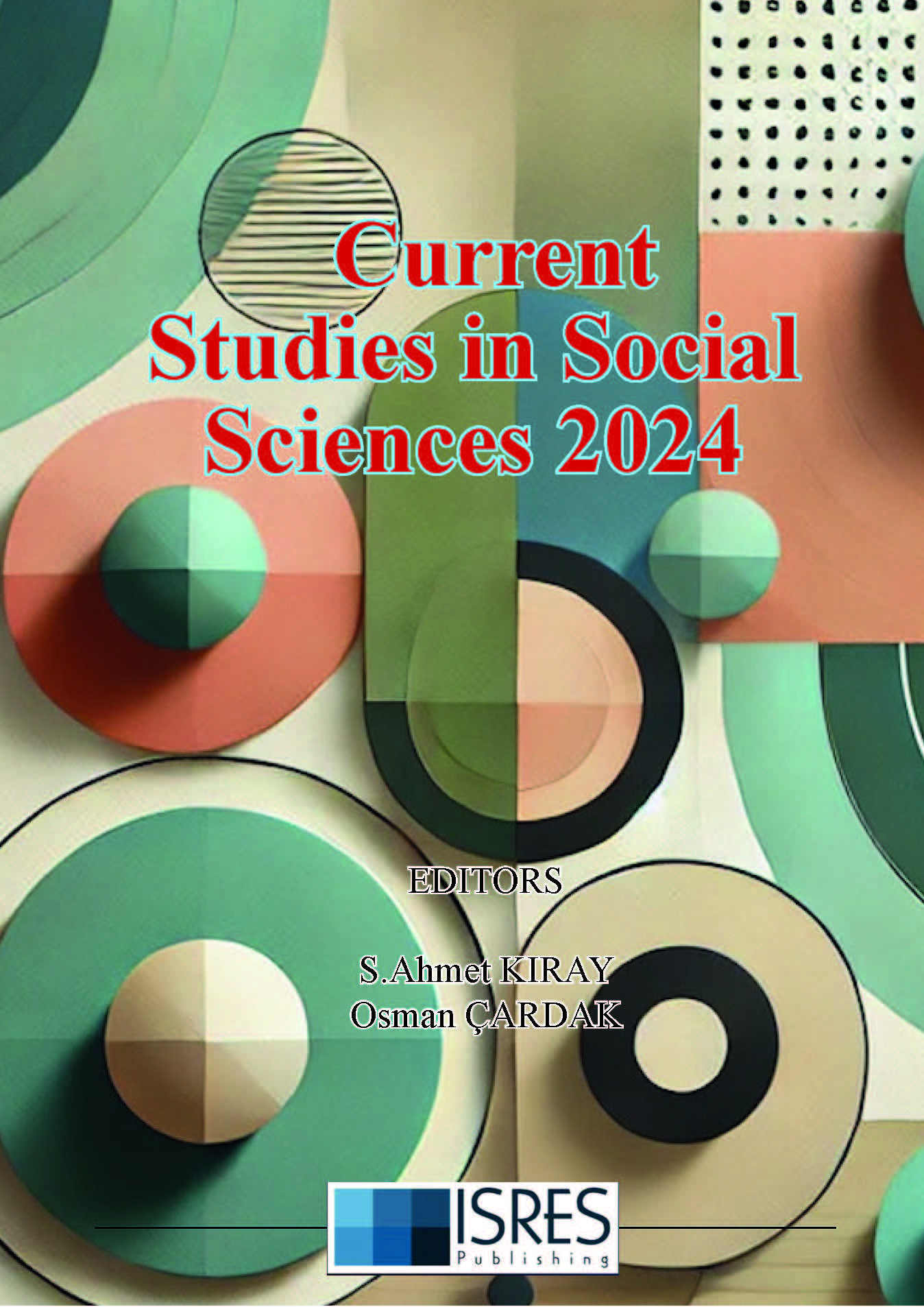
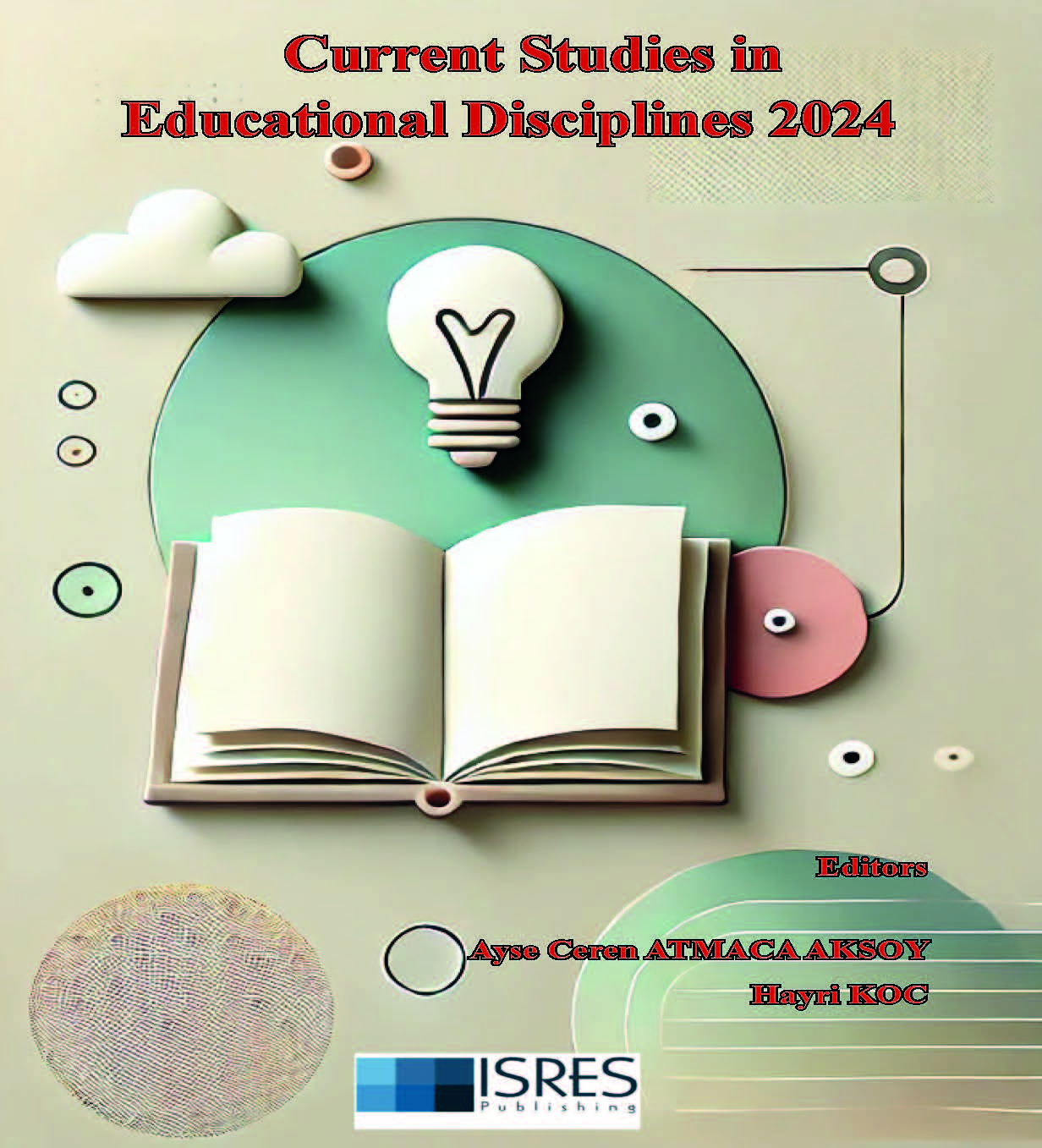

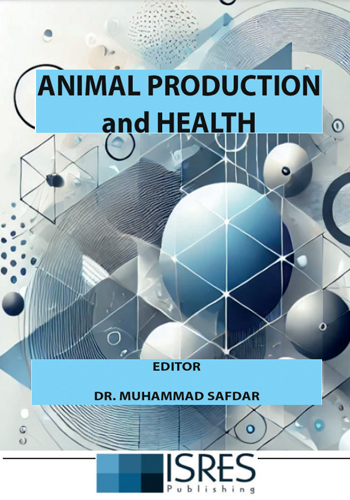
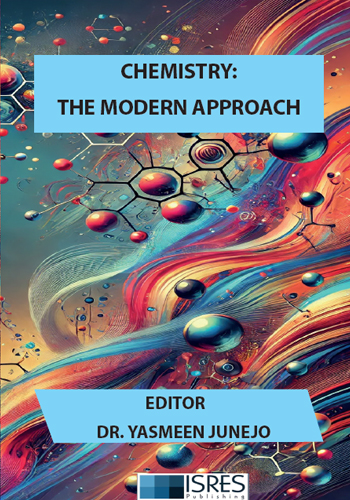
 (1)_16-12-2024.jpg)

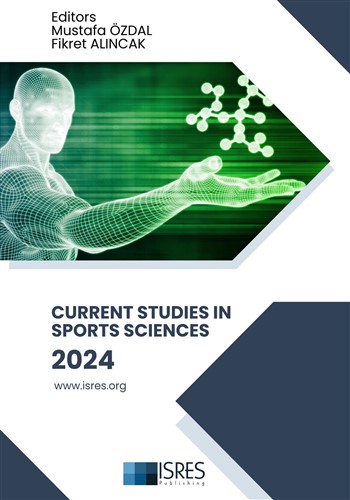
 (1)_01-01-2025_10-03-2025.jpg)
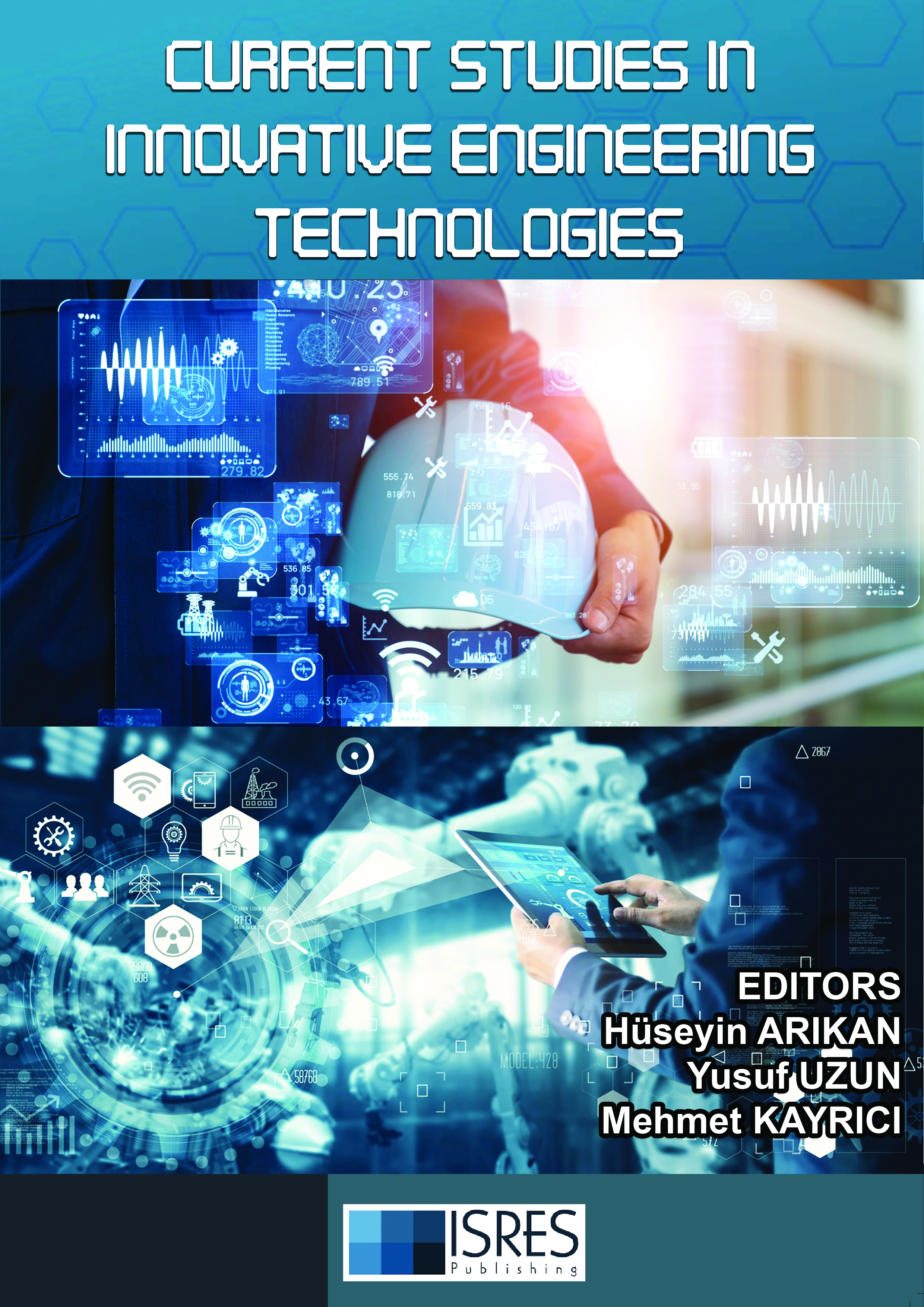
_01-01-2025.jpg)
